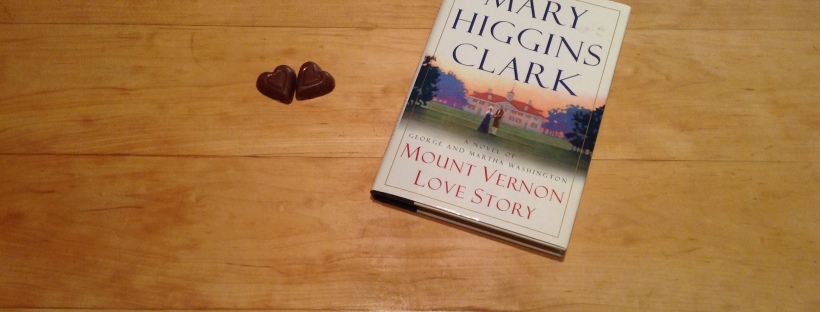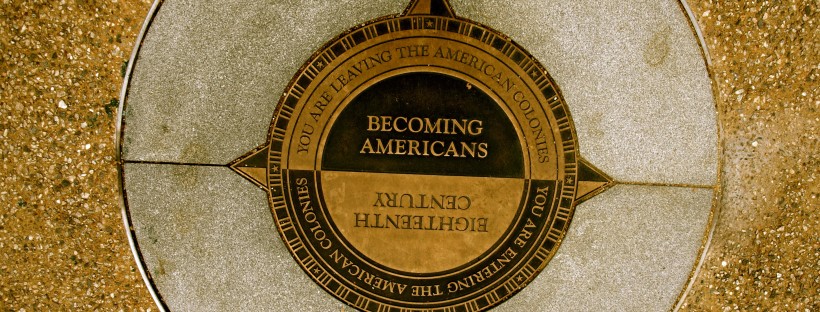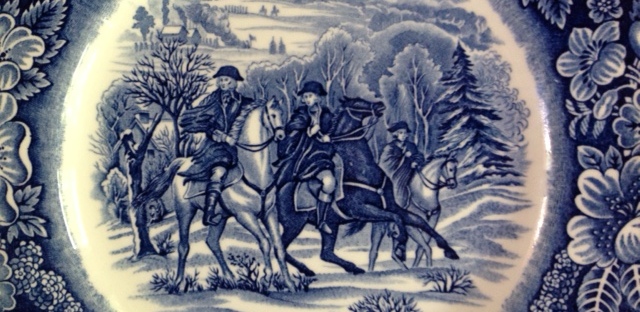Their love story begins simply but has the makings of a fairy tale. She is a widow with two young children. He is somewhat of a military legend. She shows interest in what is dear to his heart, his home Mount Vernon. He wins the hearts of her son and daughter.
A fairy tale would end there with a “happily ever after”. But their story isn’t make believe.
This is just a taste of Mount Vernon Love Story – A Novel of George and Martha Washington. Within its pages, Mary Higgins Clark presents a personal view of America’s first President and first First Lady. She shares their struggles and heartaches. Whether the story strictly follows the record of history is a subject for further study, but if you read it, you will have the chance to get to know these more distant figures as well as you might know close friends.
You’ll also find that their story illustrates two interesting points.
1) No matter how much two people love each other, they can never love each other perfectly. No matter how well suited two mortals are to each other, they will never be able to meet all the other’s needs nor fulfill all their dreams.
See, loving perfectly and meeting every desire are God-sized jobs. And, well, God-sized jobs are just too big for mere men and women. Even if those men and women stand among the “greats” of history.
2) As life goes through seasons, so does love, and growing love through those seasons can take intentional effort. For George and Martha in Mount Vernon Love Story, the War for Independence and a personal grief could tear them apart, but they each come to heart-deep realizations and take action. That season gives them the depth they need to lead a nation.
In I Corinthians 13, we find God’s standard for love. Just like George and Martha, we can’t obtain it for ourselves. But we can look to Jesus, the One Who seeks to lavish it on us, and, as the motto of George’s mother’s family said, “Aspire to the heavens”.
“Love is patient and kind; love does not envy or boast; it is not arrogant or rude. It does not insist on its own way; it is not irritable or resentful; it does not rejoice at wrongdoing, but rejoices with the truth. Love bears all things, believes all things, hopes all things, endures all things. Love never ends…” – 1 Corinthians 13:4-8 (ESV)
Note: This book doesn’t make it onto the “favorites” list for a reason or two, but was worth sharing because of the above points.


